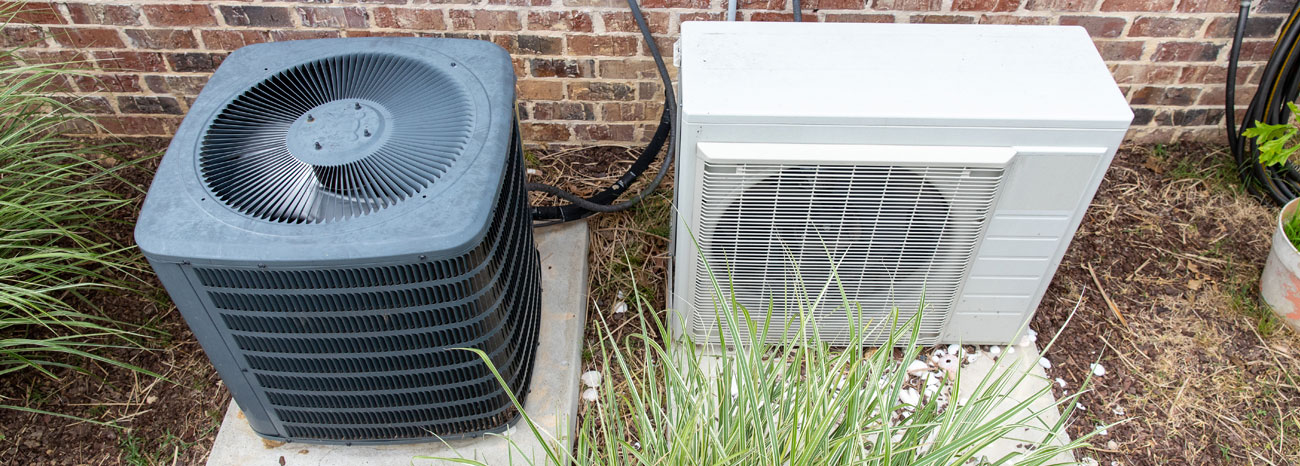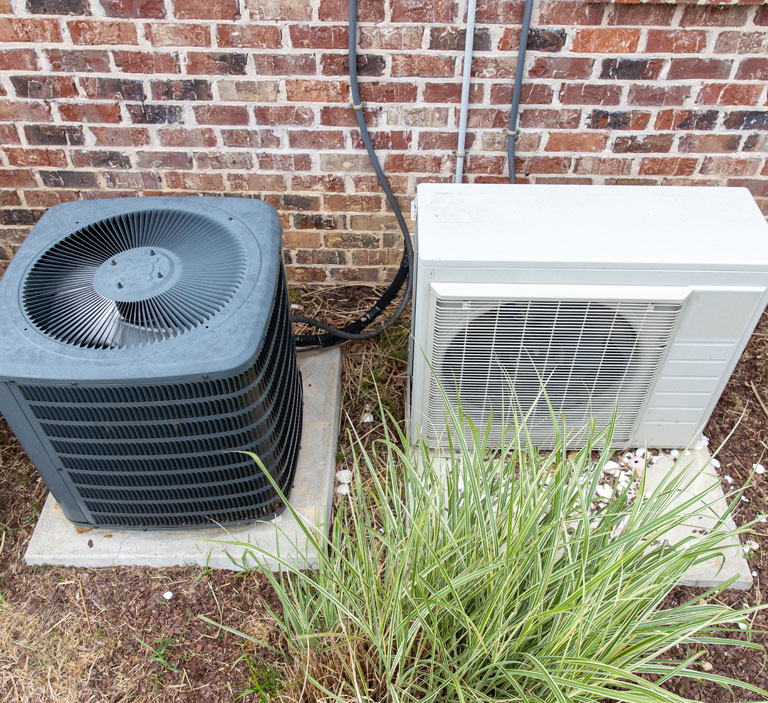Summer is almost upon us, and warmer weather means more people will be seeking the refuge of air conditioning. While it may not be top of mind right now, it is important to schedule preventive maintenance for your HVAC (heating, ventilation, and air conditioning) system. See what you should include on your HVAC service checklist.
Cleaning
Cleaning out your unit is crucial after a long winter of disuse. Different components require cleaning, including the filter, condenser, evaporator coils, and drain lines and pans. It’s essential to check all of them, so your unit works efficiently.
- Clean or replace the filter.
Depending on the kind of filter you have, you may need to replace it every thirty days to ensure good air quality. - Check the condenser coils.
The state of your condenser coils is especially relevant as its status contributes to your unit’s energy efficiency. - Clean the evaporator.
Your system’s evaporator and condenser coils allow your air conditioner to complete the heat exchange process and cool your home, therefore making them critical to the function of your HVAC system. - Clean drain line.
Ensure proper flow and clear out any clogs. - Clear drain pan.
Remove and standing water or debris to avoid overflows.
Inspection
Checking if a unit has properly functioning parts is a significant part of an HVAC servicing.
- Remove mold and debris.
The area outside of your unit, as well as the ducts, are checked for mold and debris. Removing any debris will ensure that the air in your home is clean and flows well. - Inspect the batteries.
Check to see if the batteries are still working correctly and replace them, if necessary. - Examine the electrical system and connections.
This examination helps to ensure electrical flow. Without sufficient power, your system will not run correctly. - Check the motors, blades, pulleys, belts and blowers.
All of these should be checked to make sure your system is operating normally.
Testing
Once a system’s parts are cleared, it is crucial to examine whether or not it is in working order.
- Test the thermostat.
Make sure your thermostat is in working order and properly calibrated. - Examine the timers.
Timers are tested to guarantee their functions are working. - Check the humidity levels and air flow.
Both are tested to ensure your system is functioning correctly. - Refrigerant.
Check the charge and for any leaks.
Repairs
If any repairs are needed in the course of your HVAC service, they should be addressed immediately. If repairs cannot fix the problem, you may need to consider a complete system replacement.


